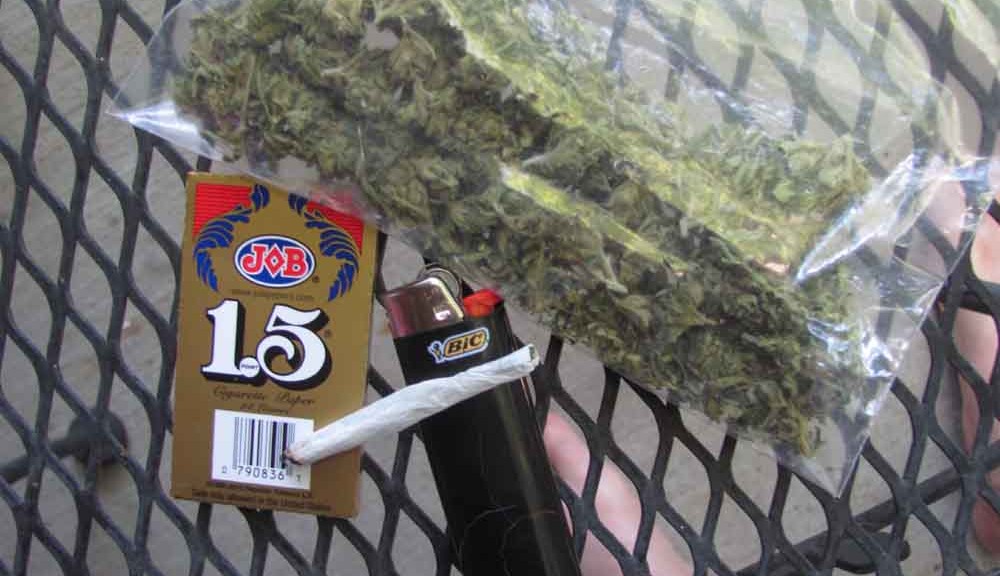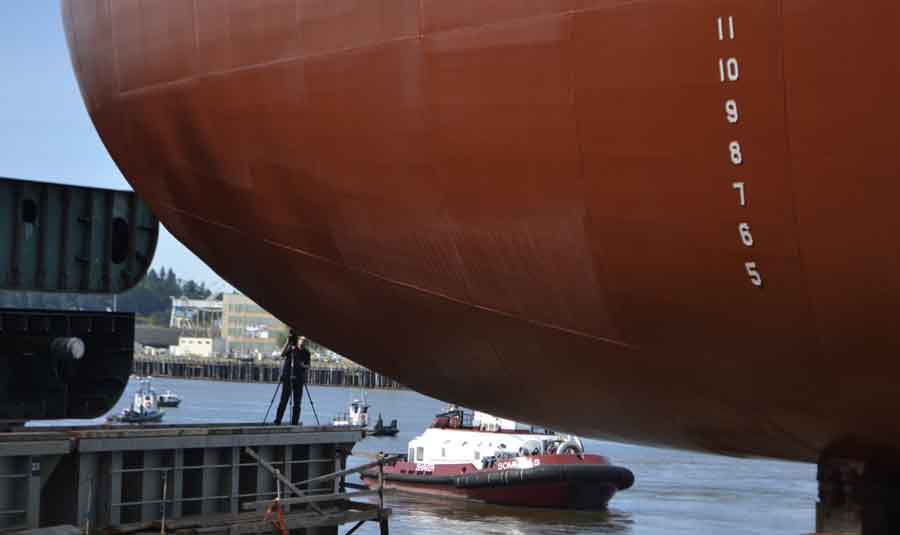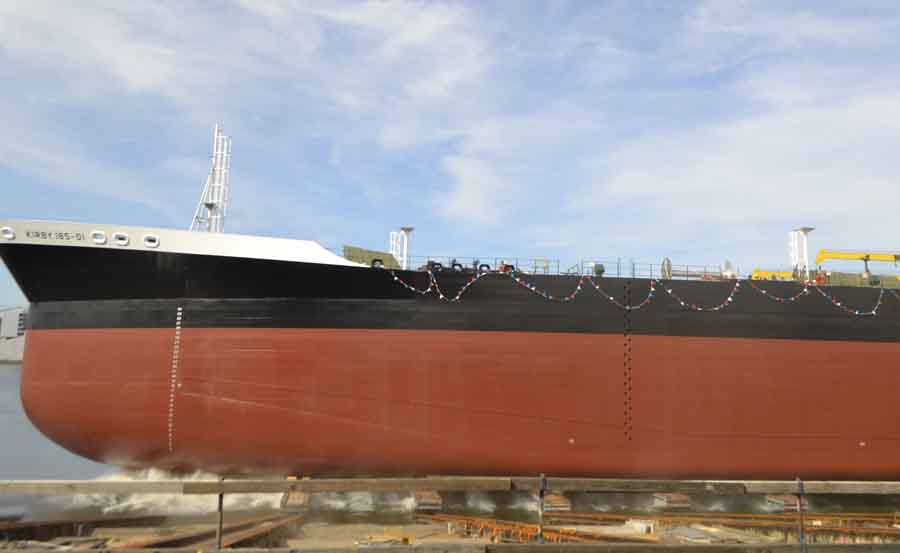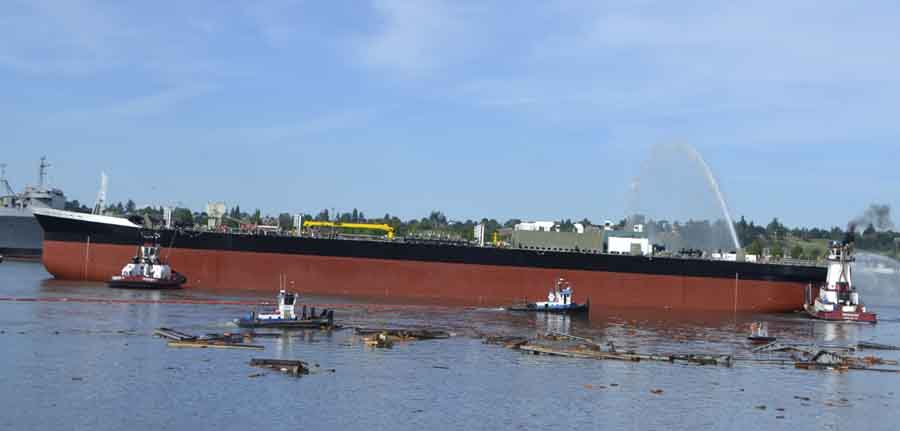On July 1, marijuana became a legal recreational substance in parts of Oregon, and the sky hasn’t fallen in Portland. The city is calm, and drug addicts are not running amuck.
That’s because none of the alarmists’ worries about legal weed drew more than a collective yawn from Portlanders. The only newsworthy observance took place at Portland’s Burnside Bridge as the clock struck midnight on July 1, mainly because the Oregonian newspaper encouraged a crowd of mostly well-behaved people to partake.
Portland is not the city of stoners that out-of-towners might assume it to be. Walking the hip streets at different hours allows plenty of opportunity for Alice and me to witness the sight or scent of wacky tobaccy. In over nine months here, we’ve seen nary a toking soul. Whatever pot use there is occurs in private.
Pot sales still are banned, too, at least for a few months. The only legal way to transfer wacky tobaccy from one person to another is via gift or trade. An enterprising event called Weed the People took advantage of a legal loophole Friday by charging an admission of $40. Once a ticket-holder had entered its small venue, the salivating stoner could walk up to tables and meet enterprising suppliers who gave away samples of their products.
A small area was set up outside to partake, where outsiders were blocked from view. There, fun-seekers sampled newly acquired goodies, easily exceeding a fair-market value of $100. The relatively bargain price of admission and publicity given this quasi-public event encouraged an estimated 2,000 people to jam a modest-sized venue in North Portland. A bond was struck there between sellers and purchasers.
Alice and I did not attend; instead, we were making our presence known inside the four-day Portland Blues Festival in downtown’s Tom McCall Waterfront Park. Blues fans were instructed not to bring marijuana into the park. Nevertheless, I expected to see or smell somebody’s newfound pot-smoking freedom.
But no, not one whiff. No passing around of joints. No smoke wafting from the peanut gallery.
Such a muted celebration typified the crowd response to Gregg Allman’s band on opening night: tepid. Only after a full moon rose through the two decks of the nearby Interstate-5 bridge over the Willamette River did the crowd begin to shed its apathy. Have Portlanders become jaded over the city’s reputed weirdness?
The newfound legalization finally was drummed home to spectators on Friday night. While adding a well-practiced rhythm and blues influence to New Orleans funk band Galactic, Macy Gray sought to wake up the beach-chair crowd with a new song, “Stoned.”
Gray inspired vocal approval, but only after urging members of the audience to raise their hand if they had a good experience from being stoned. About half the audience did so, giving Alice and me – finally – our first tangible evidence that Portlanders embraced the practice.
But Gray seemed annoyed. The folks in attendance had earned this legal freedom by living here. Why were they so blasé on Independence Day eve?
Gray ratified my own observation. Portlanders disdain partaking cannabis publicly. Smoking weed here is entirely a private ritual, and the old days of passing the joint seem destined to go into a time capsule as a throwback to the “good old days.”
Portland stands to benefit mightily from weed’s legalization. The Rose City is the first destination allowing legal marijuana where airline passengers are transported effortlessly between the airport and downtown without ever stepping foot in a rental car. The Max – light-rail transport – is the new-fangled futuristic vehicle to move newcomers around with some of the regular folk.
The only safe, yet legal, way for people visiting Portland who intend to partake in Oregon weed is to avoid driving. You can take the Max (also known as Tri-met) from the airport, but know the Uber scene is all the rage. You can let authorized operators of the economical ride-sharing service follow the rules of the road and give you hands-on treatment.
And know that somewhere, somehow, a group of musically adroit visiting celebrants will pass a joint around in this part of the USA to acknowledge that prosecuting pot smokers is no longer a priority. It goes beyond political correctness; it’s the right thing to do.






